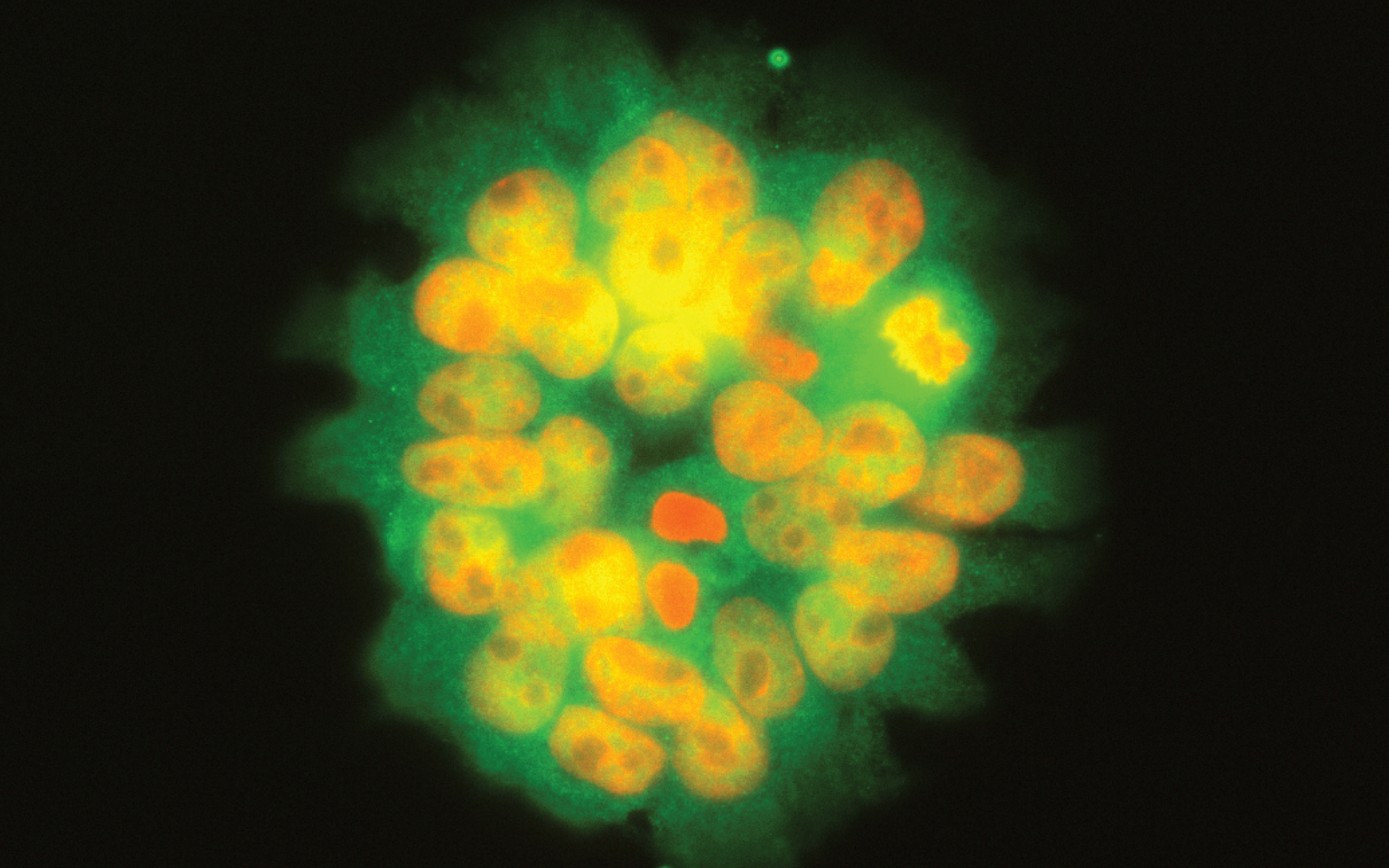Researchers at A*STAR have uncovered an unlikely ‘elixir’ of immortality for cancer cells: iron. Rising rates of colorectal cancer linked to red meat consumption have raised suspicions that iron might play a critical, yet overlooked, role in cancer progression.
“Certain diets, like Western diets high in red meat, are linked to increased cancer risk,” said Vinay Tergaonkar, a Senior Principal Investigator and Director of the Cancer Signalling and Therapies Division at A*STAR Institute of Molecular and Cell Biology (A*STAR IMCB).
Tergaonkar explained that red meat-heavy diets can stir chronic inflammation, generate DNA-damaging compounds (when cooked at high temperatures), disrupt gut health and introduce excess iron that further harms DNA.
Until recently, however, the exact role of iron in triggering colorectal cancer was unclear, spurring Tergaonkar and colleagues to focus on how iron interacts with telomerase, the enzyme complex that’s critical in cancer cell division.
“Studying this interaction could help identify specific risk factors and lead to targeted prevention and personalised treatments,” Tergaonkar shared, adding that telomerase reactivation occurs in over 90 percent of human cancers.
The A*STAR IMCB team took a multi-layered experimental approach with Iain Bee Huat Tan and Ramanuj Dasgupta from A*STAR Genome Institute of Singapore (A*STAR GIS), as well as colleagues from the Experimental Drug Development Centre (EDDC); the National Cancer Centre Singapore; Singapore General Hospital; and Southern University of Science and Technology, China.
Using innovative high-throughput techniques with special reporter cells, the researchers screened a large library of molecules to observe their effects on telomerase activity and identified a critical player: a chemical inhibitor called SP2509, the presence of which could put hard brakes on telomerase activity and expression.
Curious about the specific molecules that SP2509 targeted for such dramatic effects downstream, the team then used isothermal dose-response fingerprinting and mass spectrometry to follow the inhibitor’s trail. It led to an iron-sensing enzyme called Pirin, which is normally activated by high iron levels and, in turn, reactivates telomerase in cancer cells. However, SP2509—even in very low concentrations—blocks iron from reaching Pirin and triggering that cascade; a link the team confirmed by examining tissue samples from colorectal cancer patients, further supporting iron’s role in cancer growth.
“For the first time, a metal has been shown to activate this important enzyme,” said Tergaonkar. “Until now, only genetic factors were thought to be key.”
The team’s discovery points to potential therapies that limit iron’s impact on cancer while preserving essential body functions. Their findings also suggest that managing iron levels could improve cancer treatment outcomes, particularly for certain patient groups.
“While iron supplements are often prescribed for anaemia in colorectal cancer patients, they could be harmful for those with high iron and Pirin levels,” Tergaonkar cautioned, highlighting the need for tailored treatments and lifestyle adjustments.
Next, the team plans to explore links between iron-storage disorders and other cancers, aiming to extend their insights beyond colorectal cancer and develop new therapeutic strategies.
The A*STAR-affiliated researchers contributing to this research are from the A*STAR Institute of Molecular and Cell Biology (A*STAR IMCB), A*STAR Genome Institute of Singapore (A*STAR GIS) and the Experimental Drug Development Centre (EDDC).









